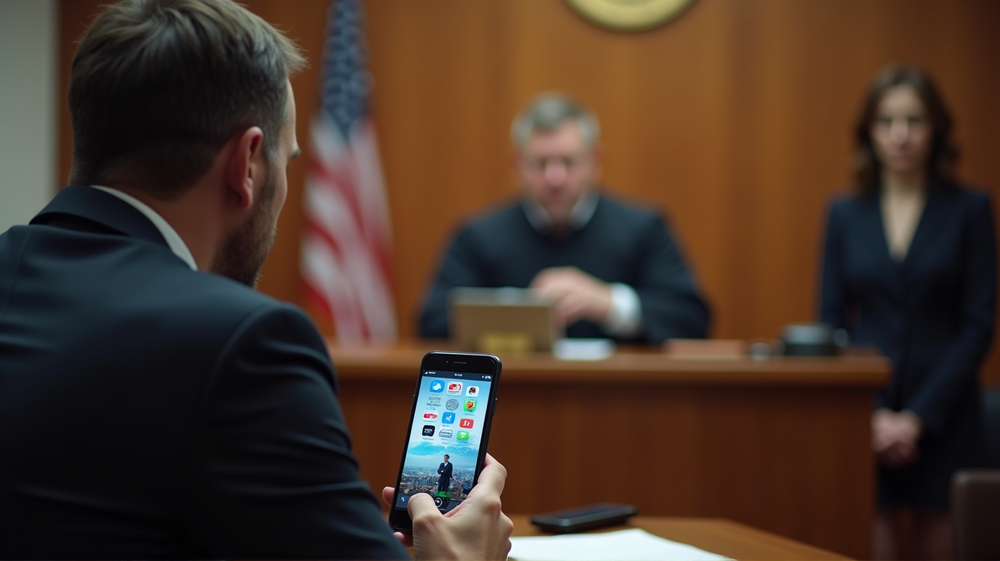Court Cites Lack of Solid Evidence in High-Profile Social Media Stalking Case
In a landmark ruling that underscores the intricate relationship between justice and technology, Kolkata’s POCSO court acquitted a man charged with stalking and cyber harassment. Allegations against him rested heavily on digital footprints, which the court found lacking in undeniable proof. This verdict has sparked wide discussions on the complexities of digital evidence in legal processes.
The Verdict Explained
On April 16, the court’s decision to acquit came eight years after accusations first emerged. The victim, a minor at the time, alleged that a former school senior had superimposed her face onto inappropriate images on social media—a claim that ignited serious legal actions. Yet, the court concluded that these accusations were primarily based on “surmise and conjecture,” driving home the necessity for tangible evidence.
A Journey Through Legal Hurdles
The Kolkata Police cyber cell had stepped in, using Facebook’s IP login details and telecom records. Despite these technical advances, the evidence failed to conclusively link the accused to the crime, highlighting procedural challenges in cybercrime investigations.
Judicial Observations
Judge Indrila Mukhopadhyay Mitra’s observations cast a critical light on the investigative process. The court found discrepancies in the accusations and the failure to prove the First Information Report (FIR) in court. This, according to the judge, undermined the foundation of the charges, further complicating the path to justice in digital offenses.
Special Implications of POCSO Act
This case was particularly sensitive under the Protection of Children from Sexual Offences Act. The act presumes guilt upon the accused once foundational facts are sufficiently demonstrated, but the court felt that this presumption couldn’t be absolute without concrete evidence to support the accusations.
The Case’s Timeline
From the 2016 incident through a lengthy eight-year trial, the timeline reflects the ongoing struggle for clarity and proof in the complex world of cybercrime. Key milestones included the FIR in 2017 and the contentious trial phases spanning to 2025.
Larger Questions on Digital Rights
While this verdict absolves the accused due to insufficient evidence, it raises broader questions about the reliability of digital evidence in the age of social media. As stated in Times of India, the evolving judicial landscape must adapt to the nuanced difficulties of investigating crimes in the digital sphere.
As the dust settles, this case may serve as a pivotal point in understanding how technology and the law intersect, advocating for more robust and reliable investigative methods in the realm of cyber offenses.




